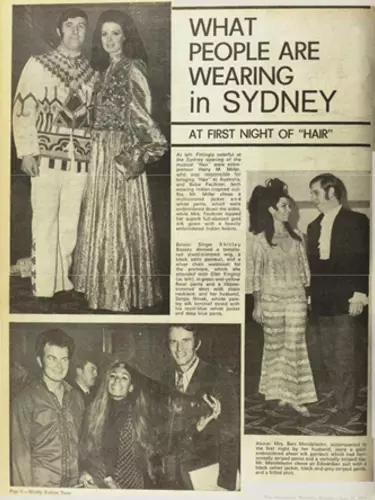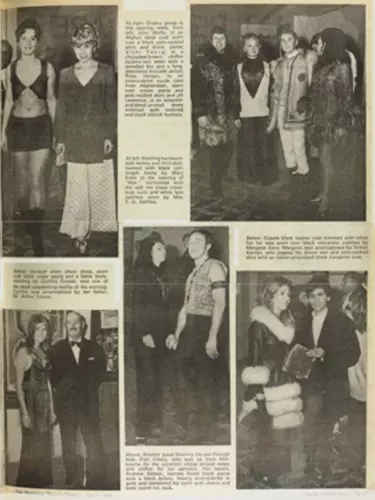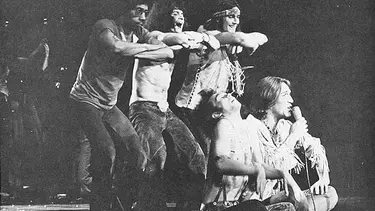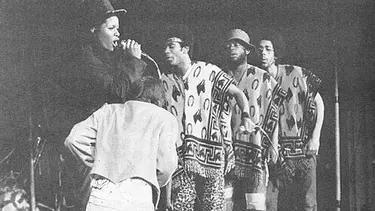Return to the Age of Aquarius
Reminiscing on the 1969 Sydney opening night of HAIR
The summer of love, the Age of Aquarius, hippies, long hair, protests for peace, drugs, sex and rock ‘n’ roll. Boundaries were being pushed in politics and arts and one of the best-celebrated events of the time was the musical HAIR. The music, the drugs, the politics and the famous nude scene made it a symbol of the time.
Sydneysiders first let their hair down in 1969 as the original Australian production took to the stage at the Metro Theatre in Kings Cross. The groundbreaking “tribal love-rock musical” was unanimously well reviewed at the premiere, especially as it turned out a host of local celebrities. It was a major social affair – the place to be.
The best looks of the decade
“Women in the first night audience wore the latest see-through styles and floppy trousers and the lowest necklines seen in Sydney for many years” (New York Times, 1969).


A resounding success, a controversial social icon
HAIR was a resounding success, breaking local box office records and blowing up media interest with its controversial content. In the relatively conservative social atmosphere of 1969, the musical was a liberating and revolutionary production, featuring nudity, drug references, sexual freedom, war protest and ‘free love’. Jim Sharman, the director of the original production, said it was “absolutely visceral theatre and in that way it connects to the times.”

The show that launched a powerhouse
The original Australian cast starred mainly theatrical newbies. All were Australian except for six African-American performers who were imported for the show. Of the imports featured was one Australian-American singer – a young Marcia Hines. Recruited from Boston at the age of only 16, the cousin of disco diva Donna Summer was already an established singer but had never appeared on the theatrical stage. Marcia’s powerhouse vocals and commanding stage presence stole the show and set up her career on the stage and screen. Shortly after, she was cast as the first black Mary Magdalene in the world in Jesus Christ Superstar.

A timeless tale of revolution and radicalism
Revolutionary and radical, HAIR symbolised social and political upheaval in the ‘60s. Fighting for freedom, human rights, the environment and peace in a time of war, it was so much more than a musical - it was a movement in a time of change. Now 50 years on, we look back and see the parallels in today’s society. It was once a fight for race equality, freedom of sexuality and peace in Vietnam – the perspective may have shifted but the fight remains the same. Gender equality, LGBTQ+ rights, climate change – HAIR is still just as relevant today.